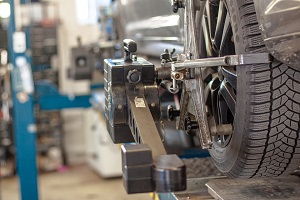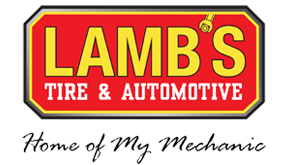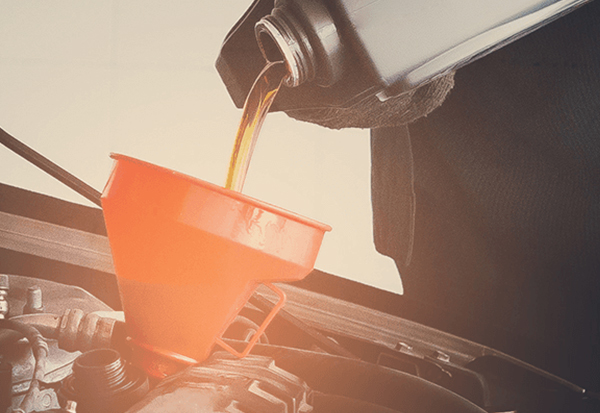Unless you consider yourself a car enthusiast, you may find yourself feeling a bit lost when having conversations with your mechanic. At times, it can feel like you are speaking to someone using a different language with words like “grease monkey,” “kickdown,” and “oversquare” whizzing past your head like dodgeballs. Hopefully, this list of common auto repair terms will help your next conversation with your mechanic go a bit more seamlessly:
- Aftermarket – This term applies to parts which are not made by the original manufacturer. The best aftermarket parts will meet or exceed the quality of the original parts in your vehicle.
- Hesitation – “Hesitation” refers to the lack of response which occurs when you first accelerate.
- Pull – Pulling is a sign you need a wheel alignment. Pulling occurs when your steering wheel is turning to the left or right on its own while you attempt to steer straight ahead.
- OEM – OEM parts are those created by the original manufacturer. OEM stands for Original Equipment Manufacturer.
- Oversquare – “Oversquare” describes an engine with its cylinders having a greater bore diameter than its stroke length.
- Kickdown – “Kickdown” describes the downshift in an automatic transmission which occurs when the throttle is depressed.
- Grease Monkey – This term is just slang for a mechanic.
- ASE – “ASE” is the common abbreviation for the National Institute for Automotive Service Excellence, which issues certifications to professionals in the automotive service industry.
- LOF – “LOF” is an abbreviation of “lube, oil, filter.” Similarly, LOFR is an abbreviation of “lube, oil, filter, rotation.”
- TPMS – “TPMS” stands for tire pressure monitoring system. This is the system which tells you when your tire pressure is low.
- Play – If you have excessive “play” in a part (typically suspension and steering parts), there is movement when there should be none. You may notice play in your steering wheel when there is a movement of the steering wheel before the wheels actually start to turn.
Schedule your auto repair appointment online today










